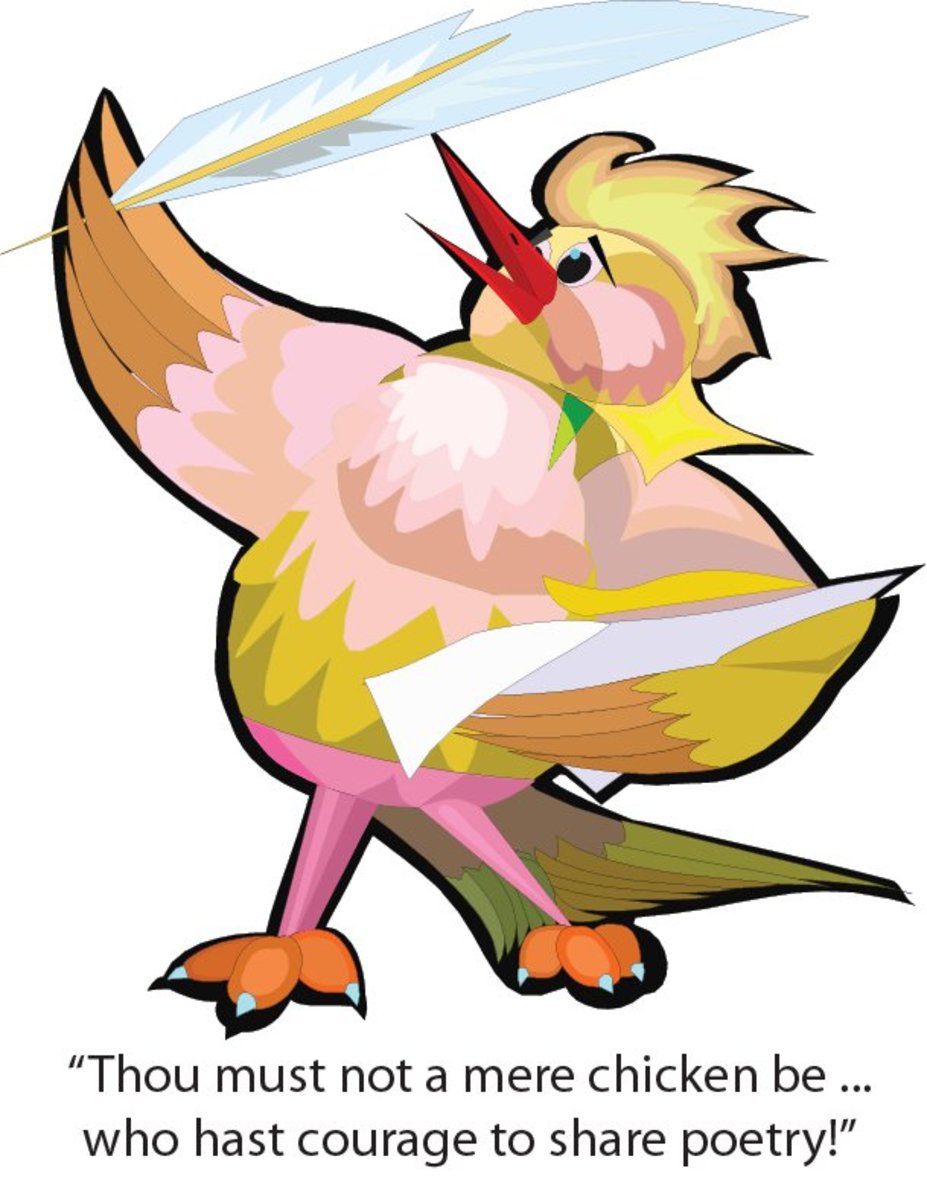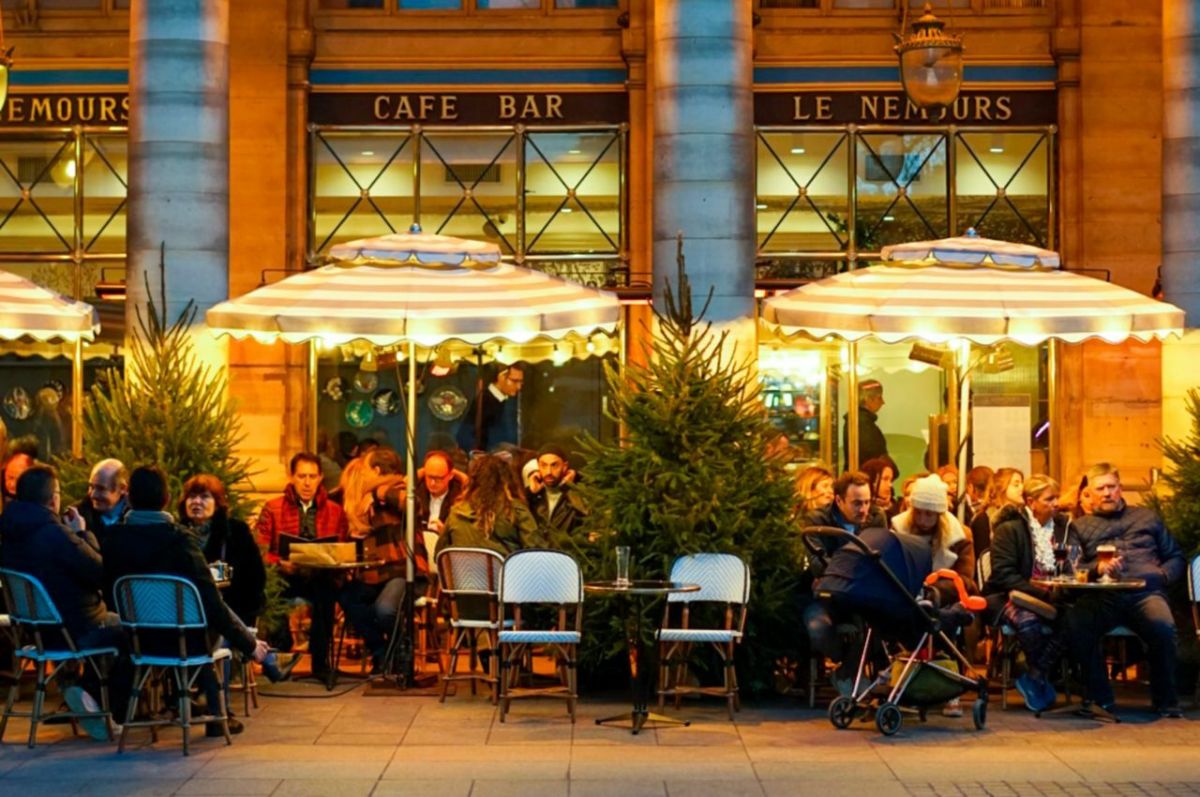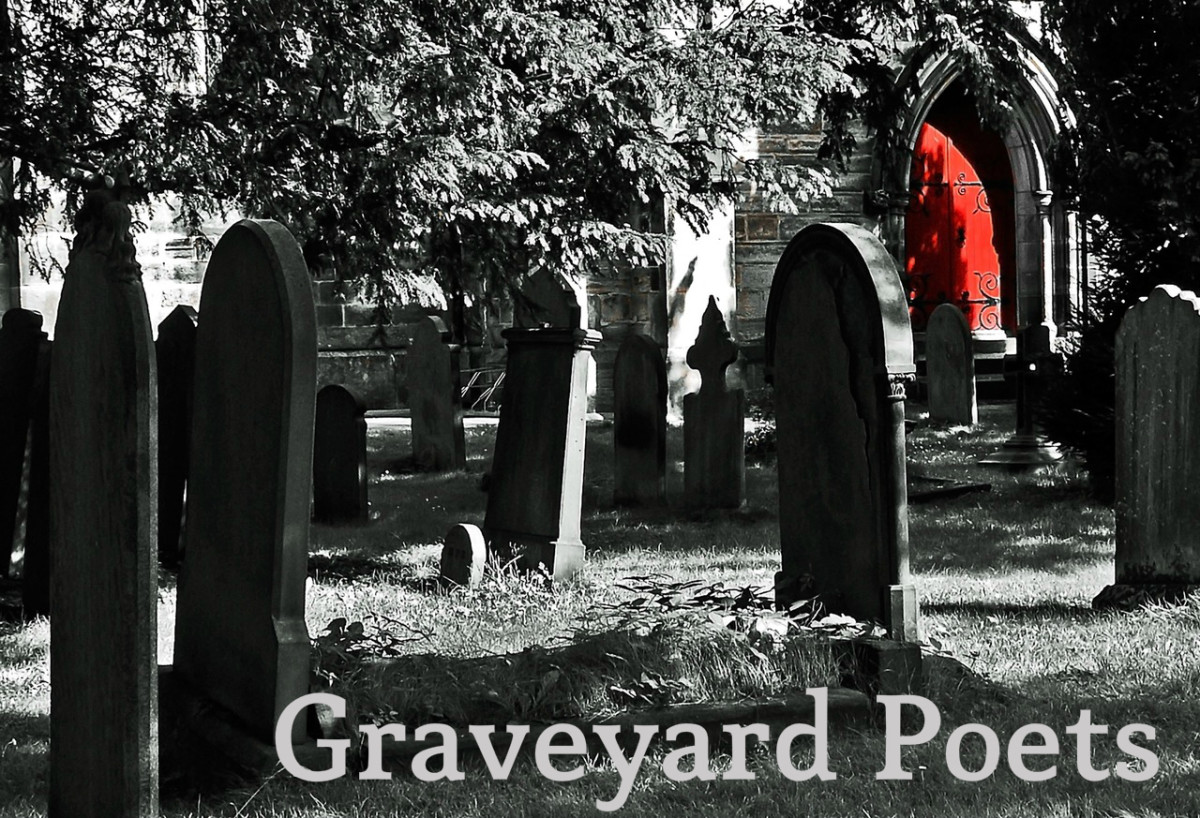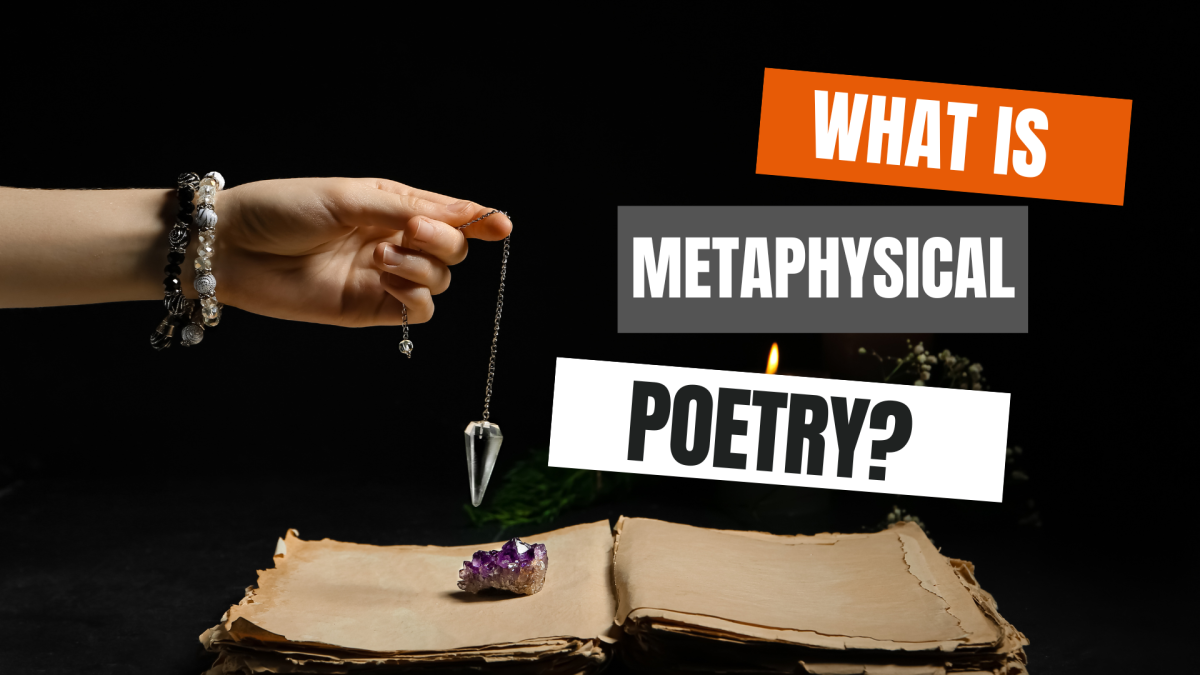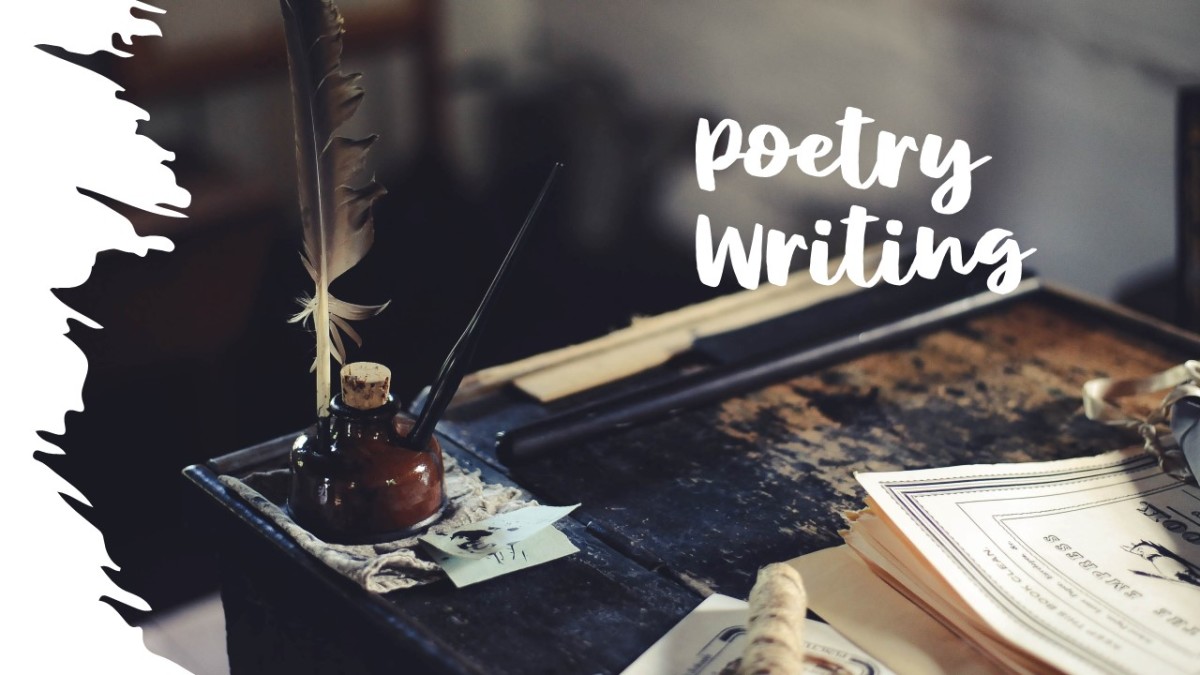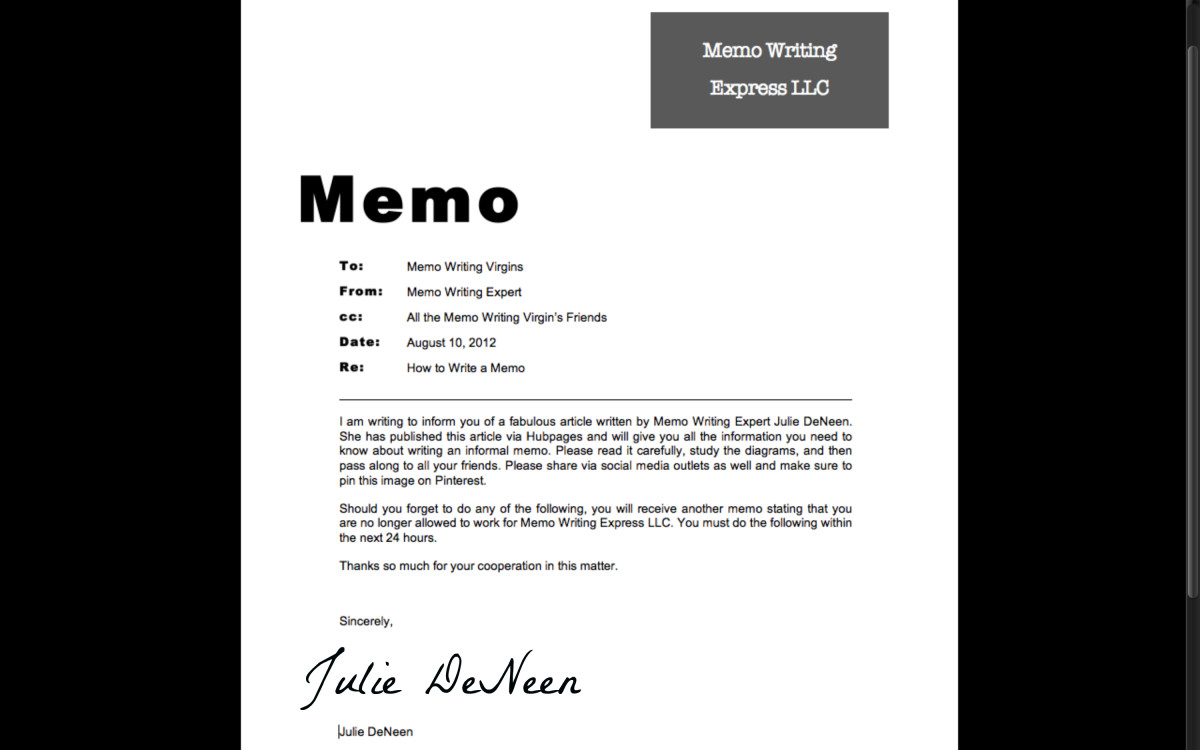How Well Do You Know Your Genres: Poetry?
Ten Major Types of Poetry
- Narrative
- Epic
- Dramatic
- Satirical
- Sonnet
- Lyric
- Elegy
- Verse Fable
- Prose
- Speculative
By Definition & Use
Poetry by definition is “Writing that formulates a concentrated imaginative awareness of experience in language chosen and arranged to create a specific emotional response through meaning, sound, and rhythm.”
--Merrian-Webster
Poetry by use is expression, reflection, sometimes collaboration, confessions, truths & lies, destiny & fates, beautiful memories, defying moments, and lastly reasons to ask why, how, when. Many people use poetry as an outlet, a different writing platform taking language to a higher level--a way to fool with language into strange, mesmerizing, beautiful images, metaphors, similes, description, and so much more!
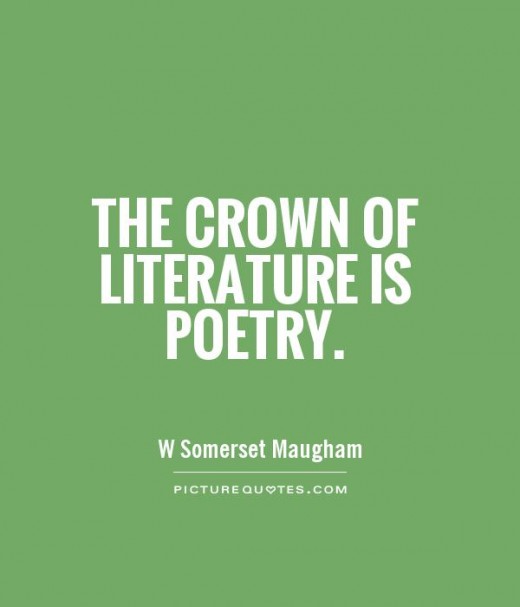
1. Narrative poetry must contain these things:
- Usually in prose (no rhythm or rhyme—just ordinary language), or verse (meter, rhythm, and/or rhyme)
- Usually chronical, but has connected events
- Contains characters & plot
- Reads like a story
- Has a narrator
Famous Narrative Poets & Poems:
- The Canterbury Tales by Geoffrey Chaucer
- The Ring and the Book by Robert Browning
2. Epic poetry, which must include:
- Highlights cultural norms
- Questions cultural values
- A hero
- Can have romantic or mythological theme
- Begins with a muse
- Speeches that are formal and most times long
- Sometimes a descent into hell or the underworld
- Divine intervention
- A clear theme
- The setting is vast --> character usually travels or goes on a hero’s journey
- May have multiple POVs (point-of-views) and each character may be in a different location
- Uses heavy repetition
- Uses catalogues and lists and history lessons
- In media res, starts in the middle
Famous Epics:
- The Epic of Gilgamesh
- The epic of Enuma Elish
- The Iliad
- The Odyssey
- The Aeneid
- Beowulf
- Epic of King Gesar
- Paradise Lost
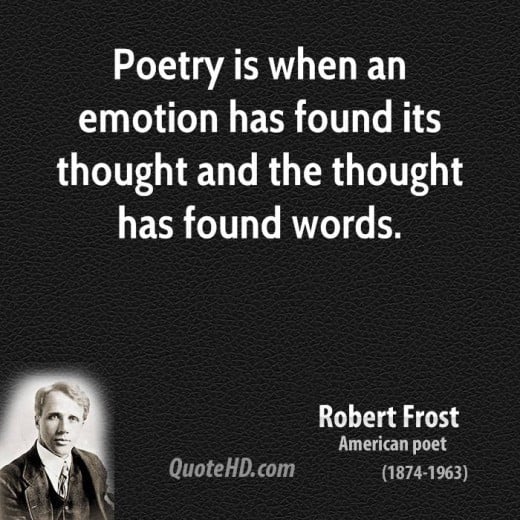
3. Drama Poetry must contain:
- A story
- Meant to be spoken
- Lots of scenes
- Must achieve one of Aristotle’s three unities: unity of plot, unity of place, and/or unity of time
- Can have subplots
- Lots of action which makes it fast paced
- Conflict carries throughout entire poem
Famous Drama Poets:
- Almost all of Shakespeare’s writing
- T. S. Elliot
- George Bernad Shaw
- Johann Wolfgang von Goethe
4. Satirical poetry must include:
- Using humor to criticize or attack someone
- Also uses ridicule, follies, abuses, shortcomings
- And Exaggeration
- And Irony
- And to describe politics and other issues
Famous Satirical Poets:
- John Dryden
- John Wilmot
- Ignacy Krasicki
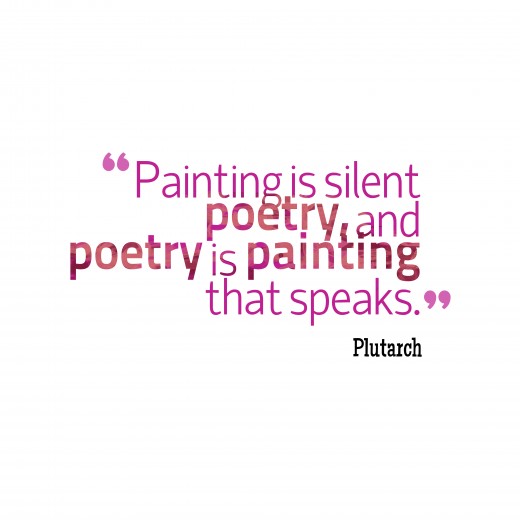
5. Sonnet must contain:
- Originally written for love, suffering, woes, and hopes
- Religious experiences
- Art reflections
- War experiences
- Has 14 lines each
- If there is more than one sonnet is called a sonnet cycle
- Adheres to this rhyme pattern: abab cdcd efef gg
Famous Sonnet Poets:
- Robert Lowell
- John Milton
- Shakespeare
- William Wordsworth
- Thomas Wyatt
- William Butler Yeats
6. Lyric (lyrical, Lyricism) must include:
- Typically short (1-2 pages) (200-500 words)
- Has a theme, state of mind, emotional state
- Heavy figurative language
- Melodic like a song
- Meant for reflection/contemplative nature
- Intimate feelings/thoughts of the poet
- (An ode is a longer form of lyrical poetry)
Famous Lyrical Poets & Poems:
- On being Human by C.S. Lewis
- Night by Sidney Lanier
- Cleon by Robert Browning
- The Cuckcoo by Robert William Service
- Ode to Tomatoes by Pablo Neruda
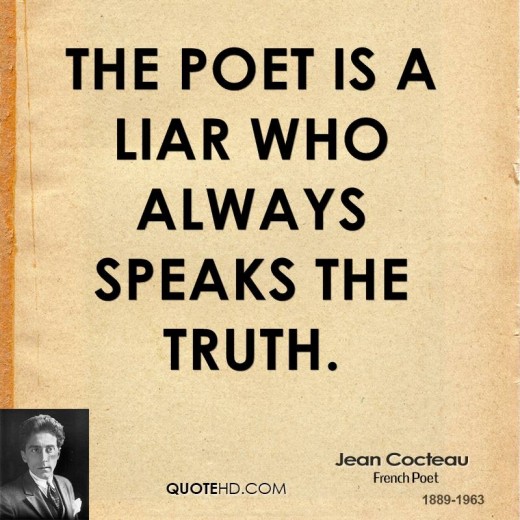
7. Elegy must contain:
- Usually written on a person’s death
- Can be solemn meditations
- Can have questions on death
- May have elegiac couplets
- Expresses mourn/sorrow
Famous Elegy Poets & Poems:
- Elegy Upon Tiger by Jonathan Swift
- Elegy for my father by Annie Finch
- The earth has many keys by Emily Dickinson
- Elegy in the classroom by Anne Sexton
8. Verse Fable must include:
- Uses verse form
- Story features animals, plants, objects, forces of nature with human characteristics that teaches a moral lesson
- Various meter and rhyme
Famous Fable Poets:
- Aesop
- Vishnu Sarma
- Ambrose Bierce
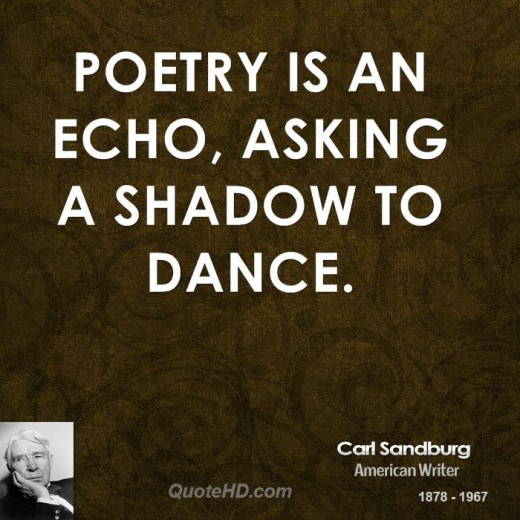
9. Prose must contain:
- Short story
- Fiction
- Fragmentation
- Compression
- Repetition
- Rhyme
- Varies in length and subject
- Lyricism
- Figurative language
- Usually one character
- Has a plot and setting
Famous Prose Poets & Poems:
- Be Drunk by Charles Baudelaire
- Pablo Neruda
- Rainer Maria Rilke
- My dearest Frank I wish your Joy by Jane Austen
- The vision of Judgemen by Lord George Byron
10. Speculative, must include:
- “beyond reality” elements
- Science-fiction elements
- Horror elements
- Strange/macabre
- Use any form (rhyme, prose, free verse, narrative, sonnet, quatrain, dramatic)
Famous Speculative Poets & Poems:
- Saving Love by Victor Buhagiar
- Travel Light by John Beam
- Inferno Yawn by Jim Cross
- Fearless, My spirit by Anaika Avery
- Restless Natives by Anonymous

